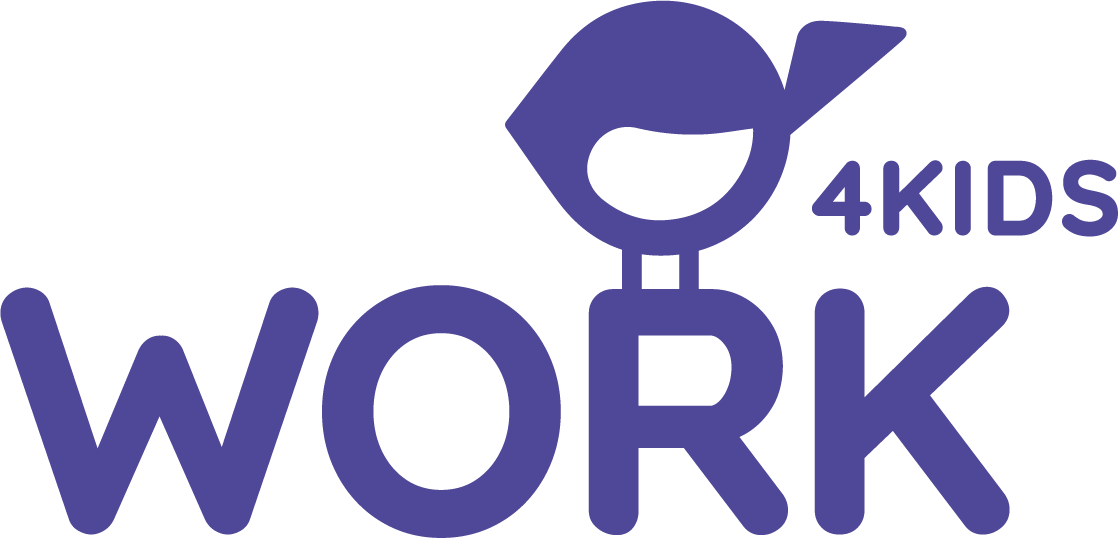Introduction/specifics
We see ourselves as companions for the children entrusted to us in close cooperation with their families. We accept the child as it is. We start our educational work with acclimatization according to the Berlin model in order to build a trusting relationship.
We are reliable companions for the child and meet him with empathy, perceive his child's signals and react appropriately to them. We want to work together with the parents in a trusting manner for the benefit of the child from the start. We offer family visits at home before admitting the child and for each developmental interview in order to get to know the child in its family environment and to build trust.
We provide stimulating material and prepare our rooms so that the child can have individual experiences. Our stimulating outdoor area promotes the encounter with nature. We trust in the child's self-education processes, support them in exercises in daily life and in acquiring everyday skills. In our true-to-life educational work, we take up the children's ideas, encourage them in what they do, and value their creativity and imagination. We take children's complaints and wishes seriously. Together we will look for implementation and solution options. Our educational work is subject to a constant process, because we see ourselves as learners together with the child and the parents.
Our attitude:
Welcome culture - we accept everyone as they are and accompany them on their way.
We work in line with requirements - our family center is geared towards the needs of children and their families
Participation - we encourage everyone to participate in the everyday life of our family center and invite them to actively help shape it.
Offers in our house:
- Mondays, 10 a.m. - 11.15 a.m., crawling group for parents with child (1/2-1 1/2 years)
- Tuesdays, 10 a.m.-11.30 a.m., Nordic walking
- Wednesdays, early musical education courses
- Thursdays, 9.30 a.m. to 11 a.m., playgroup for parents with child (1 1/2 to 3 years)
- Individual appointments with the psychological educational counseling service as part of a monthly consultation
- Annual dental check-ups and group prophylactic exercises by the dental service
- Parent events on various education and development issues
- Open parents' café, every first Tuesday of the month from 2 p.m. to 3 p.m.
- Info point in the main building with information material relevant to families
We advise and mediate:
- for questions about child day care
- if there is a need for integration / migration
- Advice on professional development
- Education and participation package
- Screening exams and health issues
In our house we enable, among other things
- implementation of individual therapies by specialists from the early intervention center and independent practices on our premises
- Associations and voluntary organizations to use our premises according to our resources after consultation.
We work closely with the district of Kriegsdorf. With our offers we want to promote diversity in the district.



